Solar Power! The dream of the future! The clean, green power source that reduces emissions and offers the promise of a smog-free future! SparkFun's headquarters has a 220kW solar array on the roof. Each month we get a check from Xcel for the electricity the solar array produced. This June we produced almost 43 percent of the electricity we used. On average (after 20 or so months), we produce about 31 percent of the electricity we need. Think of the savings! But how much do you really know about solar power, how it is harvested, and how to apply it in your own life? Not enough, that's for sure!
But don't worry. The stock photography industry is here to help!
The first step in creating solar power is to place a teeny, tiny little sun in the sky. The big sun that you're used to seeing burns at 5,777 Kelvin, which is far too dangerous to use as a power source.
For smaller applications, you've already done enough. Just apply the light of your new sun directly to the power input on your device and bask in the sunny satisfaction of a job well done!
For larger projects, or civil applications, you're going to need to process that sunlight to squeeze a little more juice out of it. That's what solar panels are for! Panels should be positioned to receive as much sunlight during the day as possible. They should also be tilted, which we'll discuss more in-depth in the next step. It is recommended that you also install wind turbines as close as possible; these fan the solar panels, cooling them, which is important because even your tiny sun is pretty darn hot!
The solar panels receive sunlight and bounce it back out, transmuted into valuable power rainbows. Panels should be tilted to direct the power rainbows toward the location of power demand.
Power rainbows deliver energy directly to the waiting grid! Over distance, the rainbows can dissipate and become less energy-dense. This is normal, and nothing to worry about. No power supply is perfectly efficient, but the technology is improving every day!
"But what about increasing global demand?" I hear you asking.
Solar technology is still young, and we're still learning a lot about harnessing it. But even now scientists and engineers are developing a new technique to more efficiently transfer the (tiny) sun's energy worldwide.
There are still a lot of unknowns, but don't worry. They're using graphene.
All photos (c) Can Stock Photo
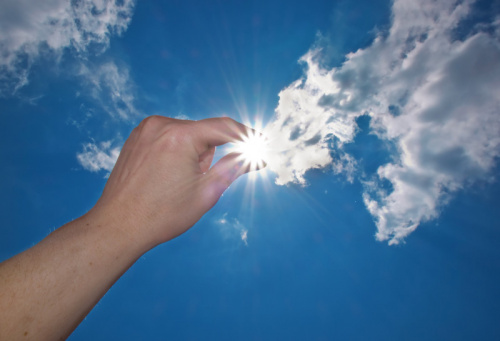
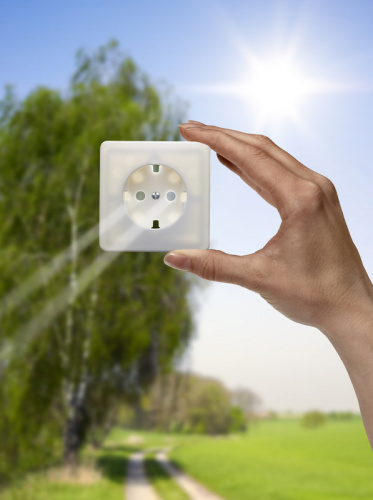
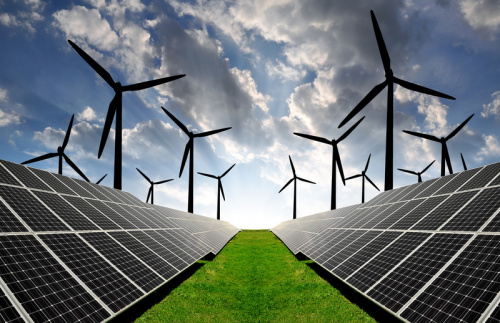
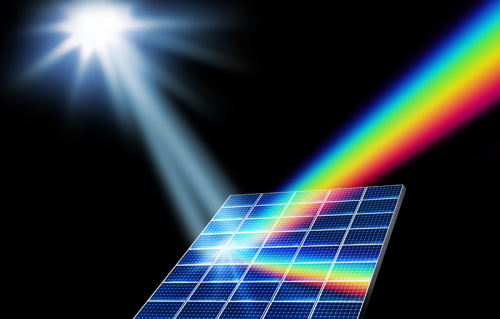
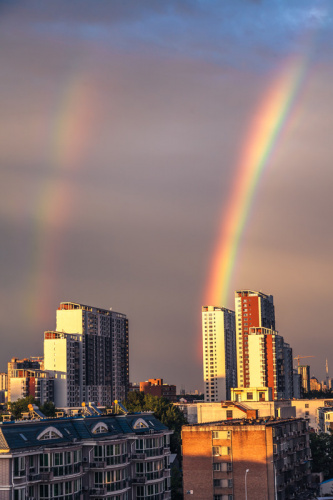
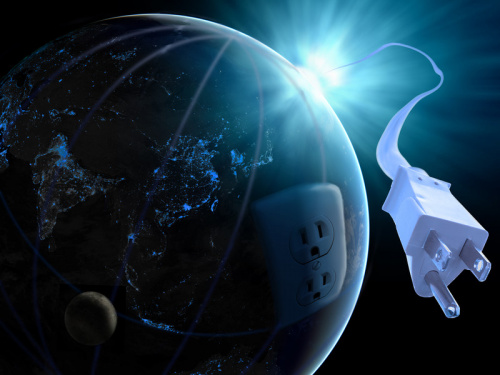






Wow, that's some terrible advice you're giving here! The first image clearly shows how you turn the sun like a knob to adjust its power output. You guys should really know that you can't just power every device with the same amount of energy.
And that image with the solar panels and wind turbines clearly shows how you set up a wind tunnel to focus the wind onto the turbines. The solar panels also heat the air, which makes the turbines work better.
I could go on, but I really think you should do your own research.
Ummmm actually heat rises, so it's important NOT to heat the panels, unless you want those giant propellers headed for orbit!
of the 164W/sq meter that reaches the surface of the earth and/or the 1400W at the edge of space... how large a surface of panels can be installed before we begin to affect the planets weather... oh, that's right, there is no such thing as global warming.
This explains why Nyan Cat never stops running. Thanks!
So if I'm understanding this correctly, the sun plugs into the earth for its power? Is that what I am missing for understanding renewable energies?
Easy mistakes to make, but in fact a sun plugs into the earth for power, and right now that tech is still in R&D. Currently we're still limited to the transmission capacity of Power Rainbows.